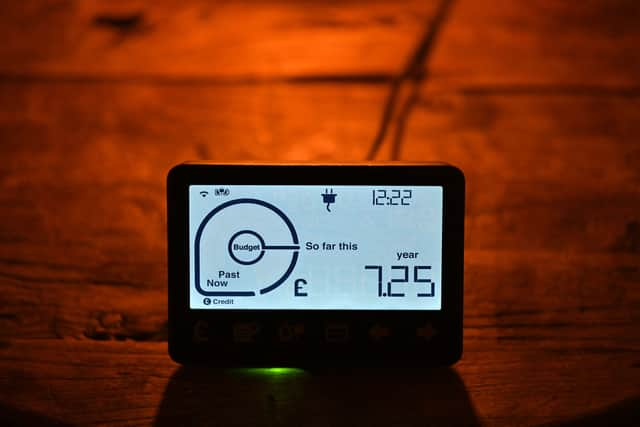Winter blackouts: Millions of households to be paid to cut energy to avoid blackouts again this winter
and live on Freeview channel 276
Millions of UK households are set to be paid to cut their electricity use in order to prevent blackouts again this winter. National Grid plans to run its Demand Flexibility Scheme, which would see participants refrain from using high energy consuming appliances such as ovens and washing machines during peak times, during the colder months in 2023.
The scheme aims to protect gas supplies and therefore prevent blackouts. It is expected National Grid will pay at least £3 per kilowatt hour of power saved as it did last winter.
Advertisement
Advertisement
In order to take part, your energy supplier must be singed up to the scheme and you’ll need to have a smart meter installed. Households earned an average of less than £10 in total last year, although some people with high energy use made more than this.
The Times has reported the scheme is still subject to approval by Ofgem but should be launched again soon. Jake Rigg, corporate affairs director at the National Grid ESO, said: “The ESO will be reintroducing the demand flexibility service for this winter and is keen for more consumers, both large and small, to get involved.
“We want to work with industry to build on the past success of this new and innovative service. Across last winter the Demand Flexibility Service successfully demonstrated the interest of consumers and businesses in playing a more active role in balancing our electricity needs and to be rewarded with savings for their action in the process.”


Households are set to pay less for their energy from October after the Ofgem price cap fell from £2,074 a year to £1,923 for a typical dual fuel househould paying by direct debit. Even so, energy bills are much higher than they used to be after gas and electricity costs rocketed due to the Covid pandemic and Russian invasion of Ukraine.
Households will also not be receiving the £400 energy bill discount this winter from the Government, which was issued from October 2022 until March this year in £66 or £67 monthly instalments.
